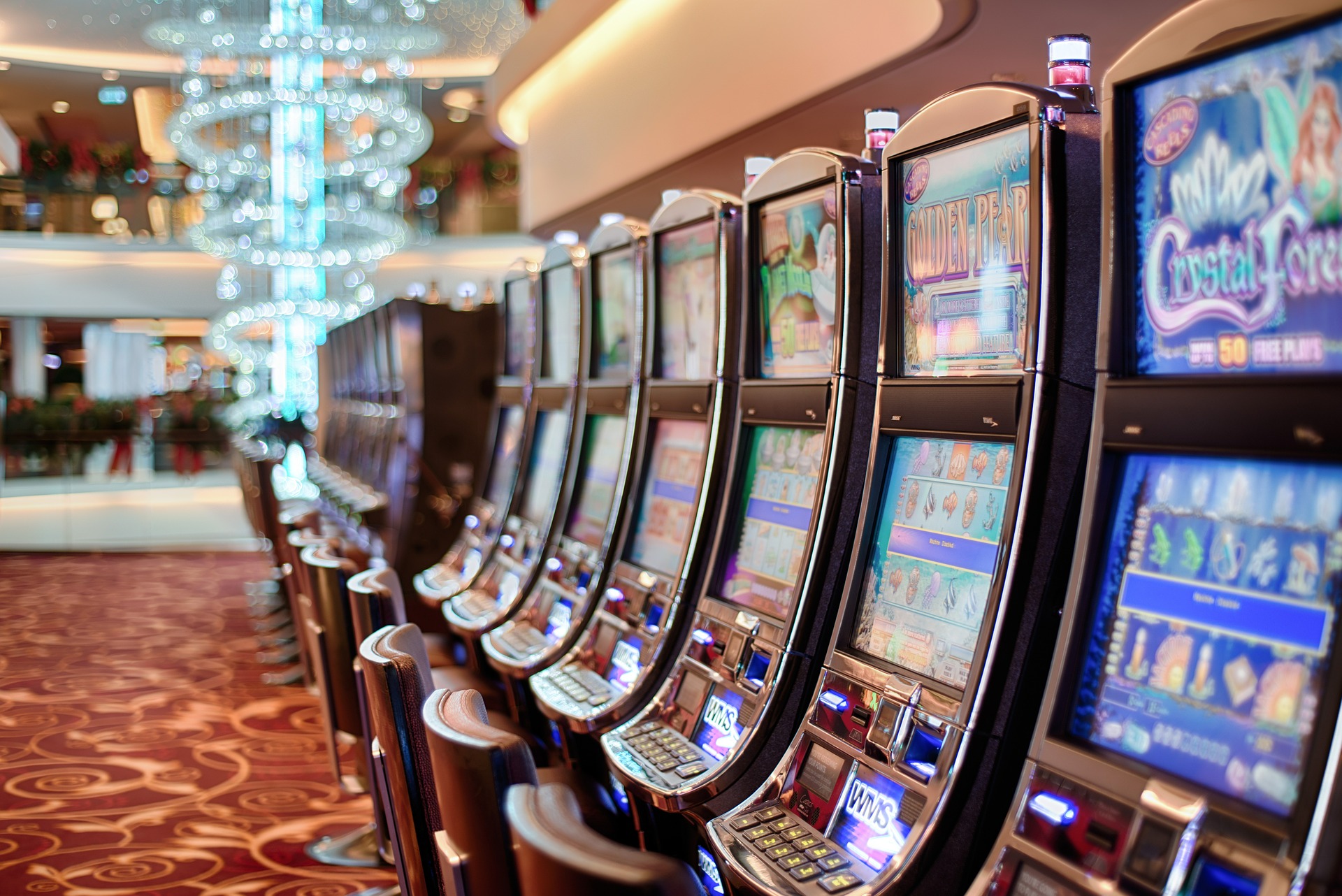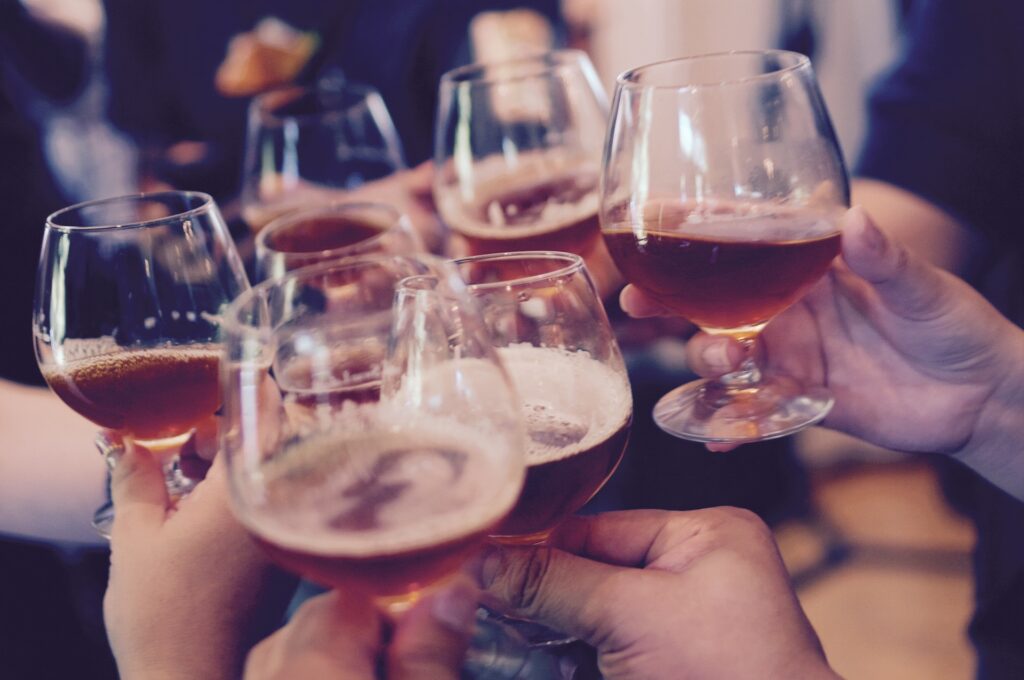 One sure path to a life of unhappiness is addiction. It ironic is that at the beginning of an any addiction there is intense pleasure, the opposite of unhappiness. I find this truth is often passed over when thinking about addiction. Few people are addicted to things that are painful or unpleasant. I think everyone, or at least most of people, have taken a drug (illegal, or prescribe by a doctor) alcohol, or engaged in a behavior (video gaming for hours, binge TV watching, junk food, sex at the wrong time with the wrong person, pornography) which they believed was wrong or dangerous. After the experience most people are intensely ambivalent. On one hand they enjoyed the experience and want to repeat it, are consumed by thoughts of “next time”, and “can’t wait to repeat the experience”. On the other hand, they probably felt a good deal of guilt and shame. Although I have never been addicted to a substance or a behavior, I have had a taste of what addiction feels like and I have been scared that I might be on the road to addiction. My experience with addiction is NOT just academic.
One sure path to a life of unhappiness is addiction. It ironic is that at the beginning of an any addiction there is intense pleasure, the opposite of unhappiness. I find this truth is often passed over when thinking about addiction. Few people are addicted to things that are painful or unpleasant. I think everyone, or at least most of people, have taken a drug (illegal, or prescribe by a doctor) alcohol, or engaged in a behavior (video gaming for hours, binge TV watching, junk food, sex at the wrong time with the wrong person, pornography) which they believed was wrong or dangerous. After the experience most people are intensely ambivalent. On one hand they enjoyed the experience and want to repeat it, are consumed by thoughts of “next time”, and “can’t wait to repeat the experience”. On the other hand, they probably felt a good deal of guilt and shame. Although I have never been addicted to a substance or a behavior, I have had a taste of what addiction feels like and I have been scared that I might be on the road to addiction. My experience with addiction is NOT just academic.
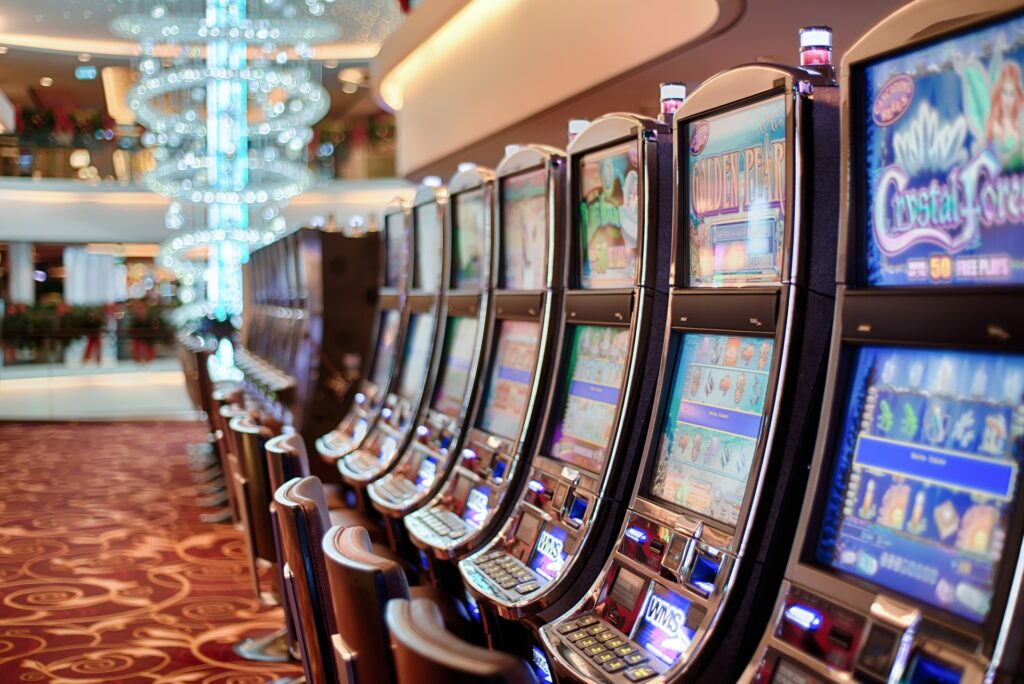 Although there is much that is unknown about addiction, research strongly indicates that there is a genetic component, meaning that some people are more prone to addiction than others because of their genetic make-up. Scientists estimate that genetic factors account for 40-60 percent of person’s vulnerability to addiction.
Although there is much that is unknown about addiction, research strongly indicates that there is a genetic component, meaning that some people are more prone to addiction than others because of their genetic make-up. Scientists estimate that genetic factors account for 40-60 percent of person’s vulnerability to addiction.
I think precise definitions are always helpful, so let’s look at a precise definition of an addict. An addict is, “A person who uses a substance, or engages in a behavior, for which the rewarding effects provide a compelling incentive to repeat the activity, despite detrimental consequences. Addiction may involve the use of substances such alcohol, inhalants, opioids, cocaine, and nicotine, or behaviors such as gambling, obsessive use of pornography, or eating in unhealthy ways”. Addiction works against our happiness because it is harmful to primary relationships (which is a major contributor to our happiness) and increases the likelihood of depression and anxiety. It also can have a major impact on our ability to perform well at work which will have a large impact on 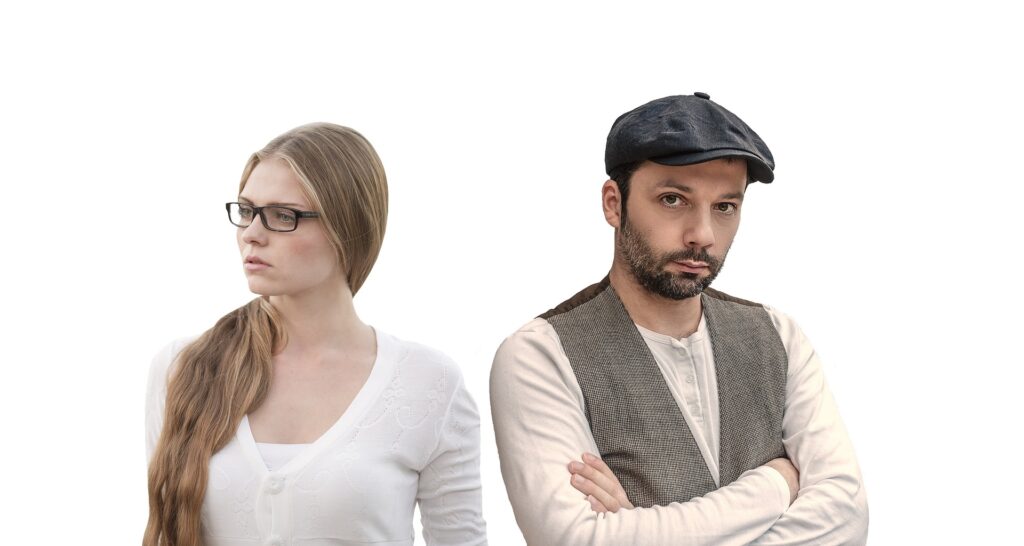 our financial situation thereby adding even more stress to an already stressful situation.
our financial situation thereby adding even more stress to an already stressful situation.
Here are four practical thoughts on how to avoid addiction. These four strategies are not only shown by science to be helpful, but I have implemented them in my own life and so as I introduce each idea in this blog I will talk about how I have put these practices into my own life. While I deeply believe that these four strategies are extremely helpful in keeping anyone free from addiction these strategies alone are not always effective. I have been able to avoid addiction not only from courageously applying these strategies, I have also been the beneficiary of grace (luck). Helpful people have come into my life and helpful events occurred which I did not control. I will never judge an addict because I know that whatever the addiction they might be struggling with, that could have been my addiction. But these four strategies are proven winners which will help you to have a life free from addiction.
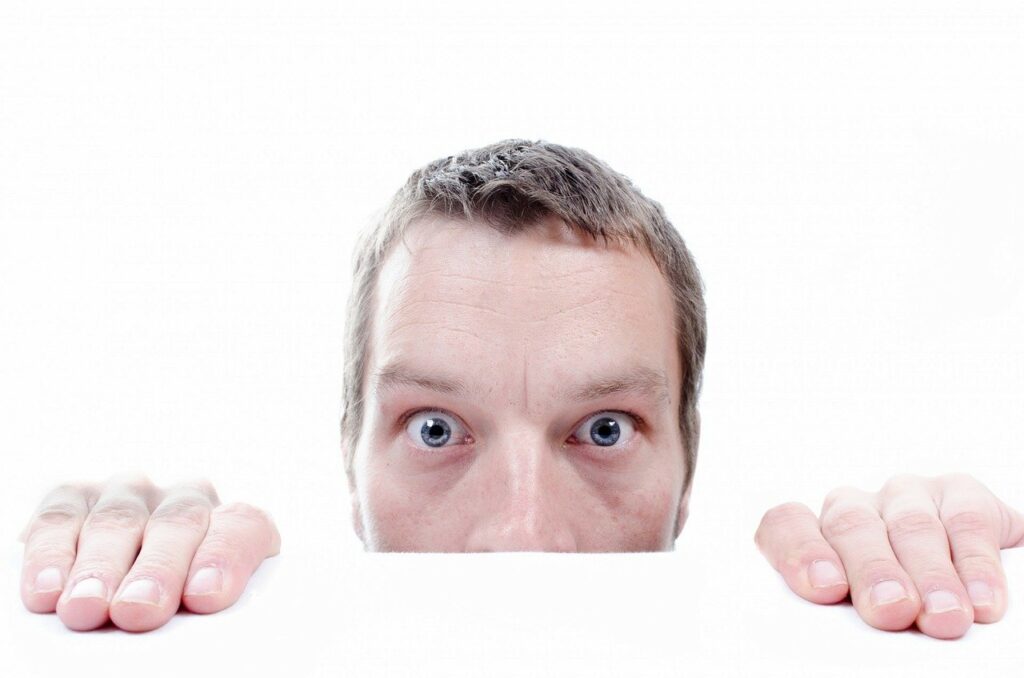
First, a healthy fear that it could happen to you is helpful. Knowing that anyone can become an addict regardless of your age background should be a warning that is taken seriously. Too of
ten we don’t look seriously at the consequences of addiction and for some reason think, “it could never happen to me”. When I was a kid, fourth or fifth grade, my mom forced me to watch a television special on smoking addiction and lung cancer. It really scared me from ever smoking. In April of 2016 the cover of TIME featured a long article detailing the dangers of an addiction to pornography, I wish more young people would at least read the article or other studies which support the findings of the article and take the warnings seriously. Whether it is smoking, alcohol, gambling, pornography, or drugs I wish more people had an appropriate awareness and fear of addiction.
Besides my fear of smoking I grew up with a healthy fear of alcohol. My mom was an alcoholic and have always thought I might be genetically predisposed to alcoholism. Because I was afraid, I didn’t have my first beer until I was 38 years old. My mom told me that I was so screwed up in my thinking if I ever had one drink, I would be an alcoholic. My mom was wrong, I drink now and AM NOT an alcoholic. But the fear that she put into my heart was helpful. I really like beer and I if I had started before my 38th birthday I think bad things might have occurred. Of course, fear alone is NOT helpful. I just I wish more people knew the dangers and had a proper respect for substances and behaviors which can lead to addiction.
 Second, surrounding yourself with friends who keep a healthy distance from addictive substances and behaviors can be very helpful. The biggest predictors of who you will become are the friends you have. If your friends are engaging in addictive behaviors your chances of becoming an addict increases even if your friends are NOT addicts. By my junior year in high school I made a commitment to Christ and began to attend a very conservative church. The church was probably legalistic, but I LOVED it! The church was full of pretty girls and they had rules about being nice to dorks like me. When I was in the Navy, I continued be very involved in chapel and made friends with others who had very negative views of drinking. As a result of my religious experience I was surrounded by friends which kept me a safe distance from alcohol, other drugs, and sex outside of marriage. Having good friends who always wanted my very best is one of the biggest factors in keeping me free from addiction.
Second, surrounding yourself with friends who keep a healthy distance from addictive substances and behaviors can be very helpful. The biggest predictors of who you will become are the friends you have. If your friends are engaging in addictive behaviors your chances of becoming an addict increases even if your friends are NOT addicts. By my junior year in high school I made a commitment to Christ and began to attend a very conservative church. The church was probably legalistic, but I LOVED it! The church was full of pretty girls and they had rules about being nice to dorks like me. When I was in the Navy, I continued be very involved in chapel and made friends with others who had very negative views of drinking. As a result of my religious experience I was surrounded by friends which kept me a safe distance from alcohol, other drugs, and sex outside of marriage. Having good friends who always wanted my very best is one of the biggest factors in keeping me free from addiction.
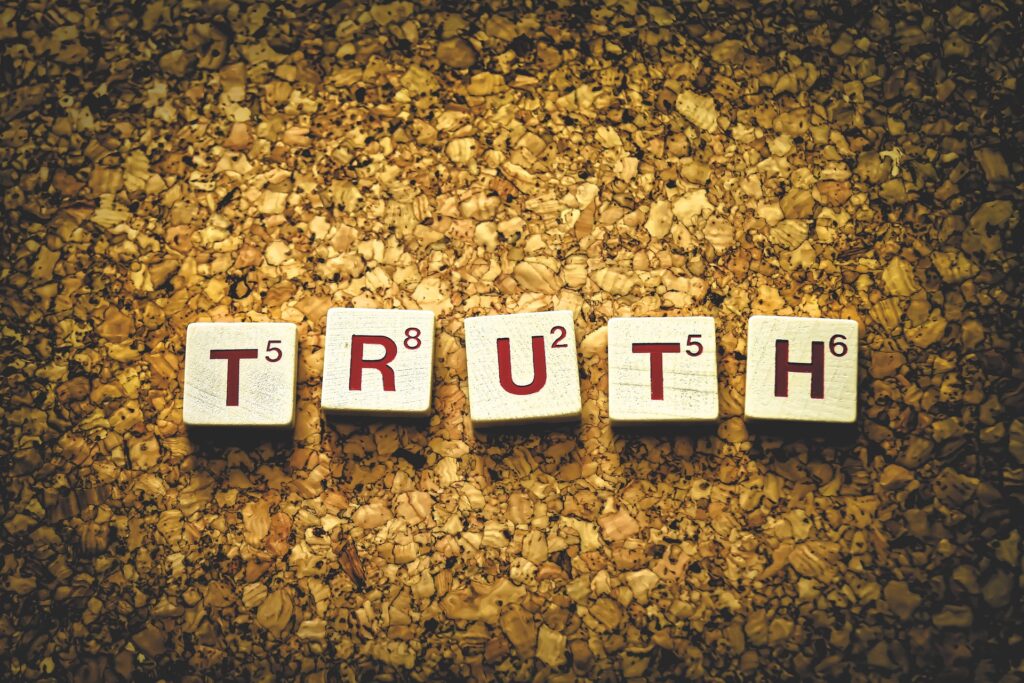 Third, talking honestly to at least one other trusted person about your engagement or your desired engagement with addictive substances or behaviors can save your life. I think all human beings have a desire or curiosity about things which are addictive. I think our current culture puts up few barriers to many addictive behaviors. I remember where the only place to gamble was Las Vegas and it was for adults only. Now cities and towns that have legalized gambling are prolific and easy to access. When I was most vulnerable to a pornography addiction the technology to easily access high quality porn wasn’t available. Back in the day, and I know this is hard to believe, but you had go into a store and buy a magazine! There was no video, and no anonymity. Porn was hard to get and in the end it wasn’t worth the risk that someone you know might see you. There was no online gambling or online pornography. Now gambling and porn is available to anyone with a computer and internet connection. I don’t really know if it is more difficult to find illegal drugs, but prescribed medication (drugs) seem to be very available. I can’t imagine how anyone living in the US today could be free from some desire or at least curiosity about these substances and behaviors. And keeping our thoughts and behaviors a secret is dangerous. It takes a lot of courage to tell others about the dark part of our lives which we find shameful. I know that talking to someone else about the darkest parts of my life has been very hard. However, I found that having no secrets has given me great freedom not only from addiction but to be authentic about other parts of my life. Being a man of no secrets is one of the best decisions I have ever made. A hard decision to be sure, but a very good one.
Third, talking honestly to at least one other trusted person about your engagement or your desired engagement with addictive substances or behaviors can save your life. I think all human beings have a desire or curiosity about things which are addictive. I think our current culture puts up few barriers to many addictive behaviors. I remember where the only place to gamble was Las Vegas and it was for adults only. Now cities and towns that have legalized gambling are prolific and easy to access. When I was most vulnerable to a pornography addiction the technology to easily access high quality porn wasn’t available. Back in the day, and I know this is hard to believe, but you had go into a store and buy a magazine! There was no video, and no anonymity. Porn was hard to get and in the end it wasn’t worth the risk that someone you know might see you. There was no online gambling or online pornography. Now gambling and porn is available to anyone with a computer and internet connection. I don’t really know if it is more difficult to find illegal drugs, but prescribed medication (drugs) seem to be very available. I can’t imagine how anyone living in the US today could be free from some desire or at least curiosity about these substances and behaviors. And keeping our thoughts and behaviors a secret is dangerous. It takes a lot of courage to tell others about the dark part of our lives which we find shameful. I know that talking to someone else about the darkest parts of my life has been very hard. However, I found that having no secrets has given me great freedom not only from addiction but to be authentic about other parts of my life. Being a man of no secrets is one of the best decisions I have ever made. A hard decision to be sure, but a very good one.
Finally, if people who are close to you: good friends, spouse, parents, a pastor, suggest that you have a problem, you should take that suggestion seriously. It is really hard to confront someone who you suspect has a problem, so if someone has made that suggestion to you, chances are high they didn’t do it causally. What does it mean to take it seriously? It means you would seek out help from others who know more than you do. You would speak to a medical professional, a counselor, go to an AA meeting or call a help line. If people who know you think you have a problem, gather all your courage and do something about it.
Because of shame, secrecy, and a lack of consistent definition it is impossible to measure the addiction problem in the US with any accuracy. However, I think these numbers indicate the scope of the problem. The National Center for Drug Abuse estimate that 20.3 million people in the US age 12 or older have a substance abuse disorder. Estimates from a Scientific America survey indicate around two million people in the U.S. are addicted to gambling, and for as many as 20 million citizens the habit seriously interferes with work and social life. There are about 200,000 Americans who are classified as “porn addicts.” However, 40 million American people regularly visit porn sites. 35% of all internet downloads are related to pornography. I think it is fair so say that addiction is making a lot of people very unhappy.
A happy life is a life free from addiction. I hope that reading this short essay has given you courage to face the pull of your heart to addictive substances and behaviors. I hope it has given you the courage to take steps to keep yourself safe. I pray that if you know others who struggle with addiction you will talk with them with compassion and do what you can to help them. I hope that if you are part of the FE Warren military community you will join us on Wednesday evening October 28th at 1900 at building 212 when Mark Miller, a practicing therapist and expert on addiction and addiction recovery, will lead our happiness conversation.
